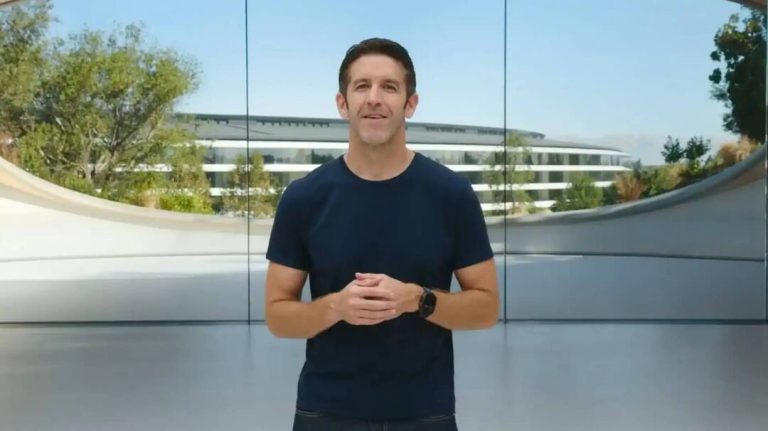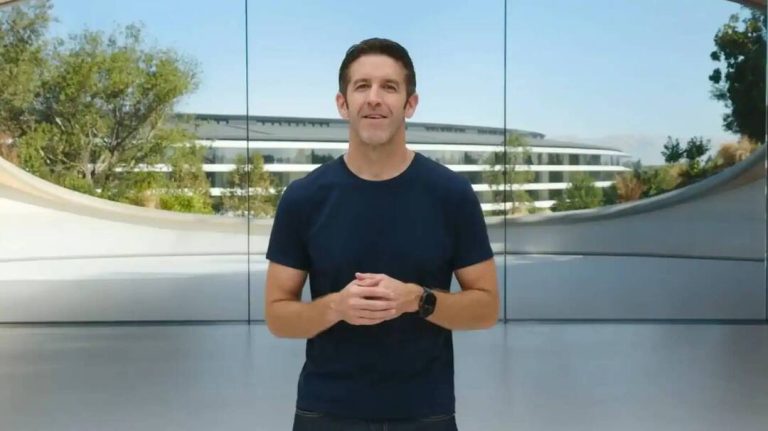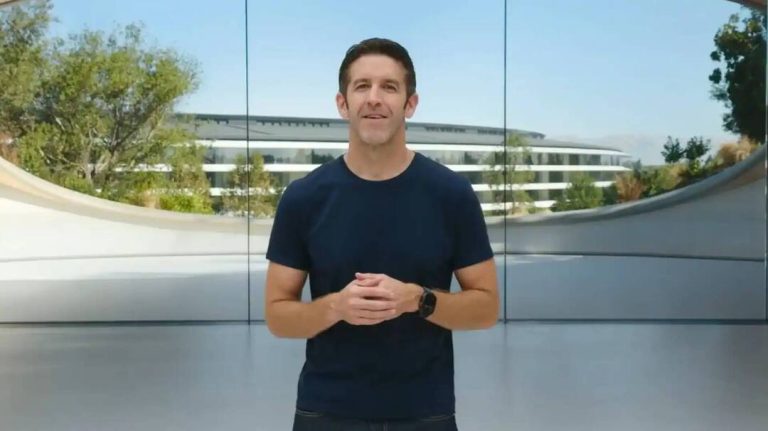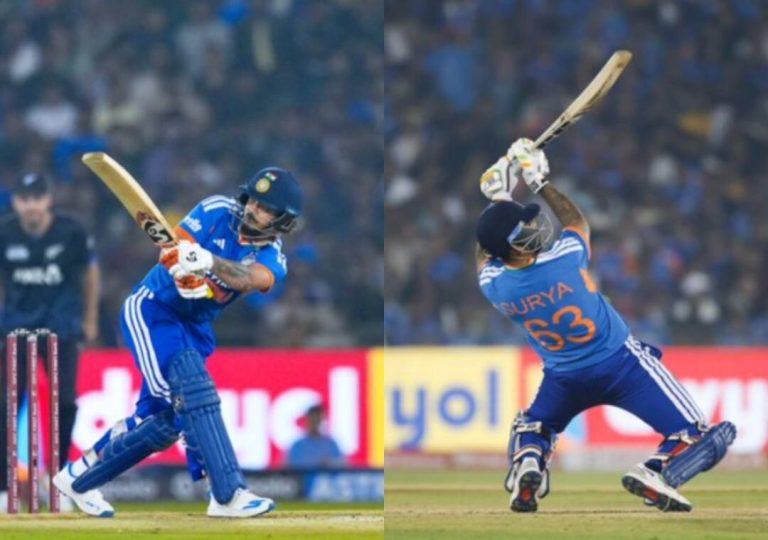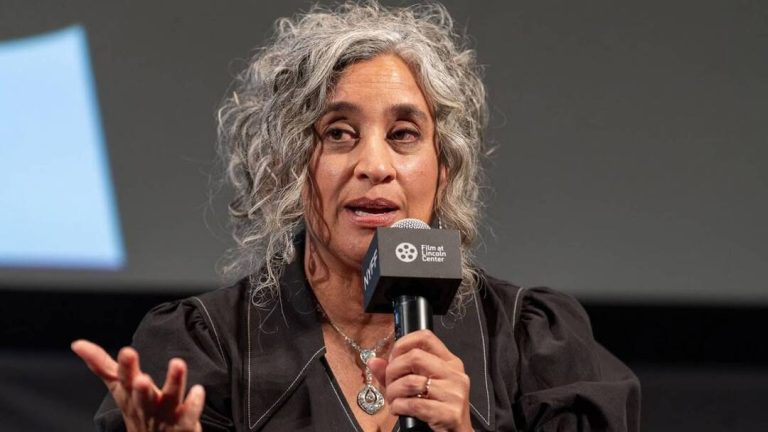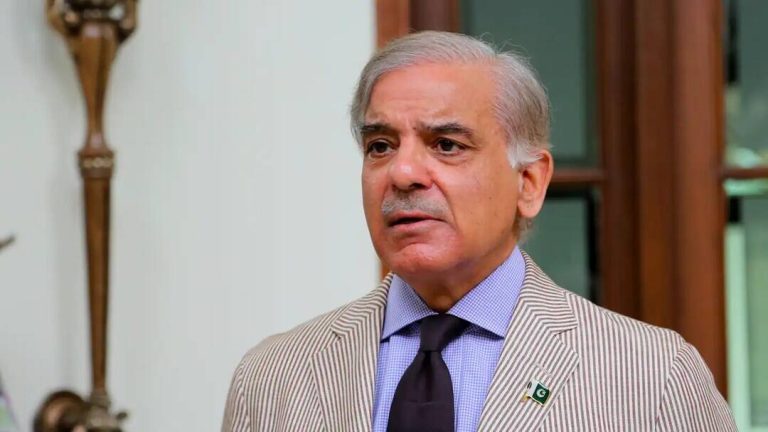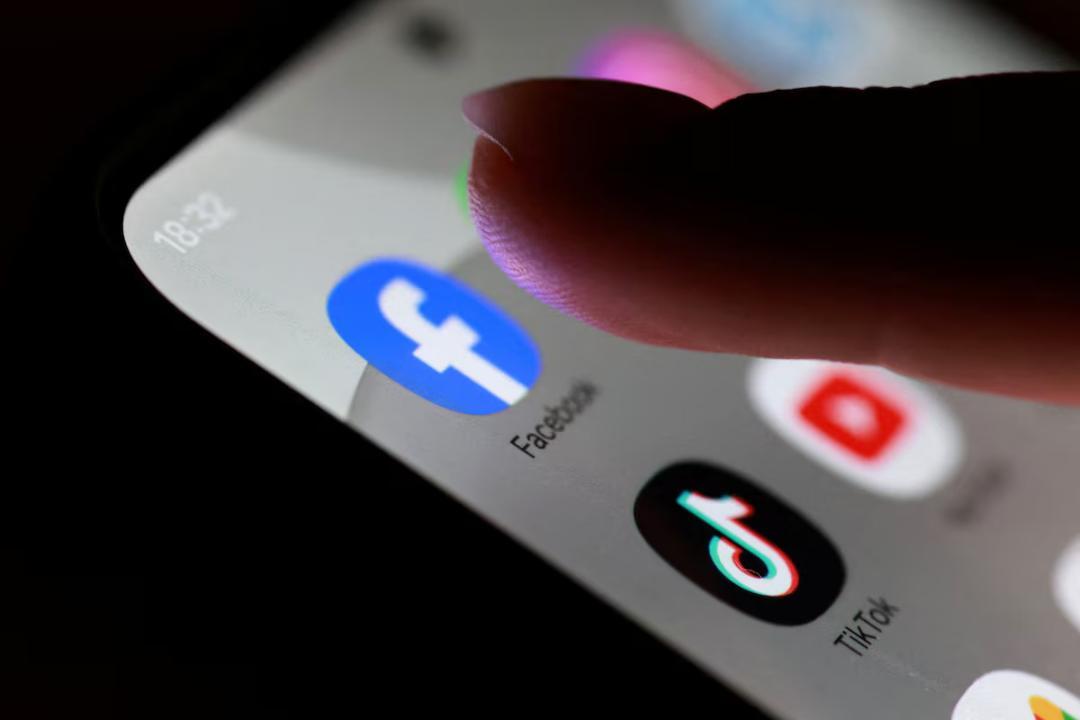
Australian Teens Ask Nation’s Top Court to Block Social Media Ban
In a groundbreaking move, a constitutional challenge to Australia’s social media ban for children under 16 has been filed in the nation’s highest court. The campaign group Digital Freedom Project has initiated proceedings in the High Court of Australia to block the law, with two 15-year-olds, Noah Jones and Macy Neyland, named as plaintiffs. This bold step comes just weeks before the world-first law is set to take effect, sparking a heated debate about the role of social media in the lives of young Australians.
The law in question, which is scheduled to come into effect in the coming weeks, prohibits children under the age of 16 from using social media platforms. The ban is aimed at protecting young people from the potential harms of social media, including cyberbullying, online harassment, and the spread of misinformation. However, many argue that the ban is an overly broad and heavy-handed approach that infringes on the rights of young Australians to freedom of expression and access to information.
The Digital Freedom Project, a campaign group that advocates for the rights of young people in the digital age, has taken up the cause of challenging the law. The group argues that the ban is unconstitutional and violates the rights of young Australians to freedom of expression and association. By filing a constitutional challenge in the High Court, the group hopes to have the law struck down and to protect the rights of young people to use social media.
At the heart of the challenge are two 15-year-olds, Noah Jones and Macy Neyland, who have been named as plaintiffs in the case. As young people who are directly affected by the ban, they are well-placed to argue that the law infringes on their rights and freedoms. Jones and Neyland are likely to argue that the ban prevents them from accessing important information, connecting with friends and peers, and expressing themselves online.
The case is significant not only because of its potential impact on the lives of young Australians but also because of its implications for the role of social media in society. As social media platforms have become an increasingly important part of modern life, the question of how to regulate their use has become a pressing concern. The Australian government’s decision to ban social media for children under 16 is a radical approach that has sparked debate around the world.
Supporters of the ban argue that it is necessary to protect young people from the harms of social media. They point to the growing body of evidence that suggests that social media use can have negative effects on mental health, social relationships, and academic performance. By banning social media for children under 16, the government hopes to prevent these harms and promote healthier online behaviors.
However, critics of the ban argue that it is an overly broad and simplistic solution to a complex problem. They point out that social media is not inherently harmful and that many young people use it in positive and creative ways. By banning social media outright, the government may be depriving young people of the opportunities and benefits that it provides, including access to information, social connections, and online communities.
The High Court challenge is likely to be a closely watched and highly contentious case. The court will need to consider the constitutional implications of the ban and weigh the competing interests of the government, young people, and social media companies. The outcome of the case will have significant implications for the future of social media regulation in Australia and around the world.
As the case makes its way through the courts, it is likely to spark a wider debate about the role of social media in society. The question of how to regulate social media use is a complex and contentious one, and there are no easy answers. However, by considering the perspectives of young people, social media companies, and governments, it may be possible to find a solution that balances the need to protect young people with the need to promote freedom of expression and access to information.
In conclusion, the constitutional challenge to Australia’s social media ban for children under 16 is a significant and timely case that has important implications for the future of social media regulation. The Digital Freedom Project’s decision to initiate proceedings in the High Court, with two 15-year-olds as plaintiffs, is a bold move that highlights the need to consider the perspectives of young people in the debate about social media regulation. As the case makes its way through the courts, it is likely to spark a wider debate about the role of social media in society and the need to find a balance between protecting young people and promoting freedom of expression and access to information.
News Source: https://www.reuters.com/world/asia-pacific/australian-teenagers-ask-high-court-block-social-media-ban-2025-11-26/
